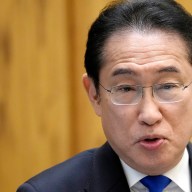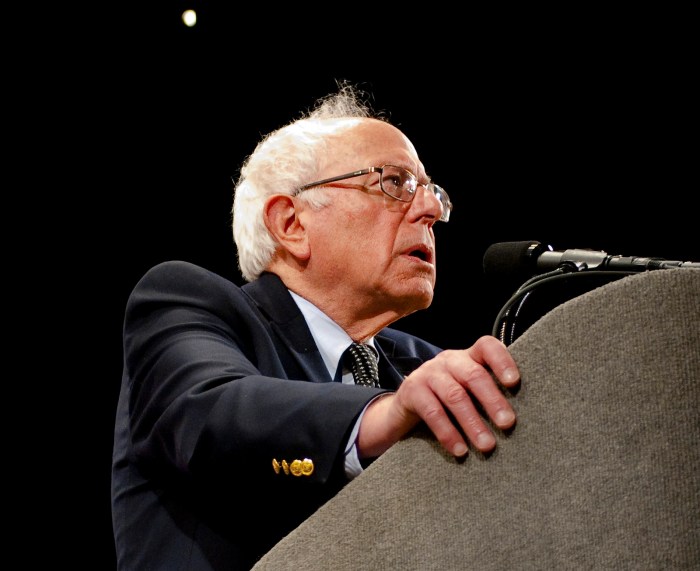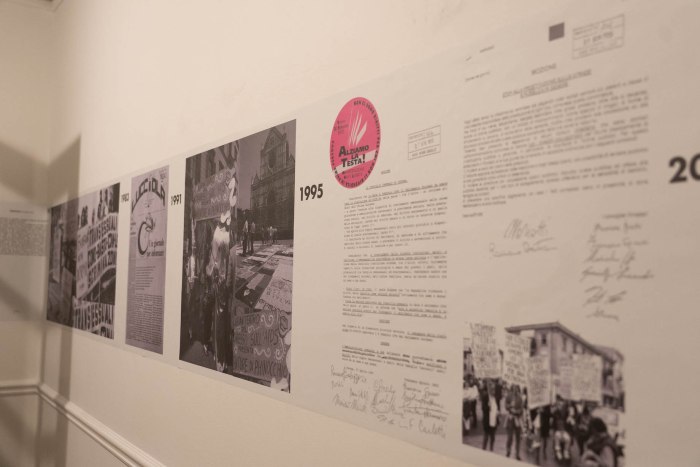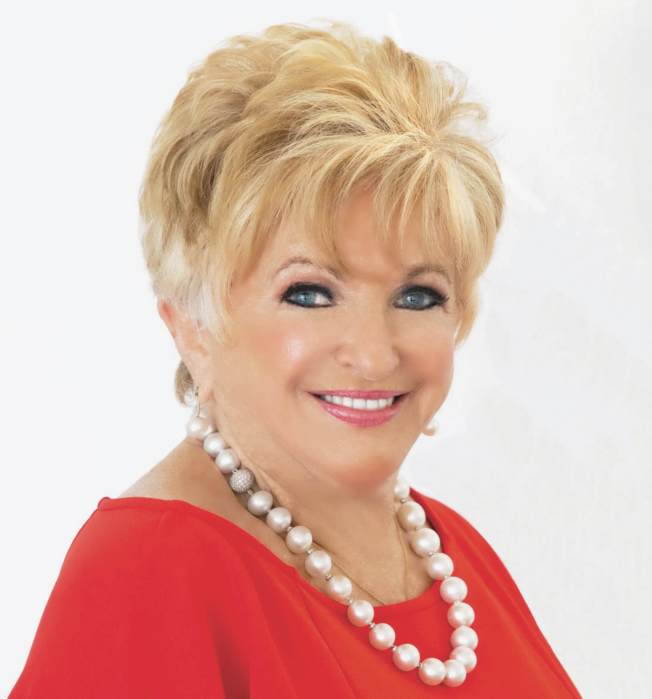Harvard University President Drew Faust announced this week that the school will not label itself as a “sanctuary campus,” despite rallies and a strongly-supported petition by Harvard students and faculty urging the school to take the opposite action. “Were all really disappointed right now, we’re really hurt and we’re really tired,” said Miguel Garcia, a Harvard senior and a member of Protect Undocumented Students Harvard (PUSH).
When Donald Trump became the president-elect, undocumented college students started mobilizing to ensure their on-campus protection across the country.
Harvard students, staff and faculty gathered in November to deliver a petition with more than 6,000 signatures to the school’s administration, asking what a Trump administration would mean to the current undocumented students considering his comments on immigration. RELATED: What you need to know about sanctuary cities “An important thing is that Harvard students were among the first to write a petition on behalf of undocumented students; we did it the very next day after the election,” Garcia said. “It was replicated by dozens of universities across the nation, many of which have already gained sanctuary campus status.” Though Faust responded to the Harvard community, mentioning the school’s values of “inclusion and belonging,” twice in November, The Harvard Crimson wrote a piece following those statements calling upon the university to respond to the petition’s demands by Dec. 6. At a faculty meeting this week, Faust reiterated the school’s “unwavering” support for undocumented students but said that she does not intend to declare it a “sanctuary campus” specifically. “Sanctuary campus status has no legal significance or even clear definition,” Faust said in a statement. “It offers no actual protection to our students. I worry that in fact it offers false and misleading assurance.” Harvard is not alone in making that argument. Two other Ivy League universities recently announced that they will not call their schools “sanctuary campuses.” The presidents of Princeton and Brown echoed Faust’s comments, saying that the designation has “no basis in law,” Campus Reform reports. However, some Harvard students don’t buy this reasoning.
“I think that the university is hiding behind the rhetoric that the label holds no meaning because there isn’t a standard definition of what a sanctuary campus is,” Garcia said. “Our argument is that we have the ability to define that for ourselves.” The University of Pennsylvania — Trump’s alma mater — did declare itself a sanctuary campus, saying immigration officials are not allowed on its grounds unless armed with a warrant, Philly.com reported. Afew other schools have since adopted the designation as well. RELATED: Harvard community demands protection for undocumented students “One of our concerns recently is that the biggest donation in Harvard’s history was made by someone who is now a Trump advisor,” Garcia said, referring to hedge-fund manager John A. Paulson. “So our concern is what are the motivations behind the reluctance to accept this label and whether they are financial or political in nature?” Faust said in November that per a long standing Harvard policy, law enforcement officials looking to enter the school’s campus are required first to check in with the Harvard University Police Department and, when it comes to cases concerned with immigration laws, “will be required to obtain a warrant.” In her statement this week, Faust said that a sanctuary campus designation “also risks drawing special attention to the students in ways that could put their status in greater jeopardy.”
“I believe it would endanger, rather than protect, our students, and that is not something I am willing for this institution to do,” she said.
Garcia said that PUSH members don’t consider it a radical or political statement for the university to adopt the symbolic moniker. Garcia also noted that Faust made these comments in a private faculty meeting, not to the general Harvard community or PUSH, which sat down for multiple meetings with the president. Instead, students learned about it through the Crimson article or from faculty. “She told us [previously] that there would be an ongoing conversation, but [on Tuesday] she said it flat out,” he said. “It was definitely a surprise.”
Still, PUSH and others will continue to pressure the administration on the issue, Garcia said.
“We don’t see our views as separate, we believe in Harvard’s ability to become a more inclusive and welcoming university,” he said. “[But] we feel it’s unfair that students have the burden of showing Harvard that it’s their responsibility to take a stand.”
Harvard president rejects sanctuary campus label; Student activists disappointed

Wikimedia Commons


















